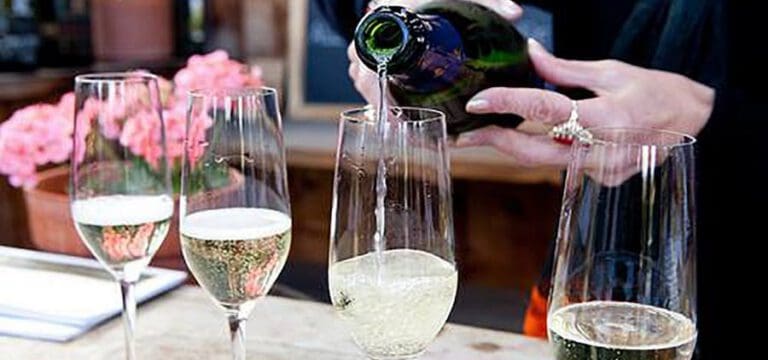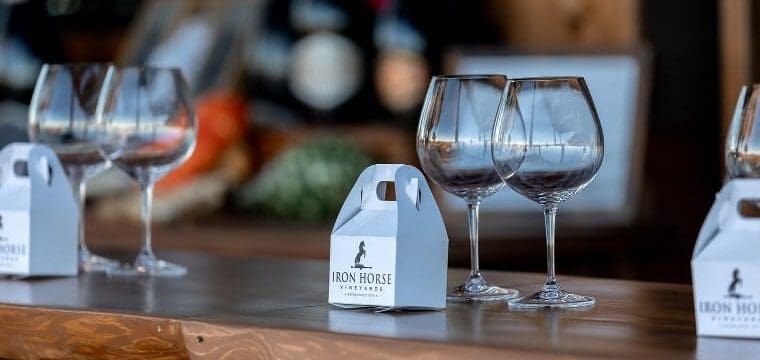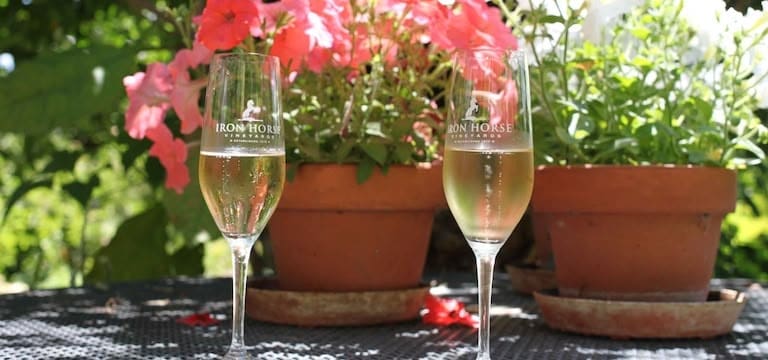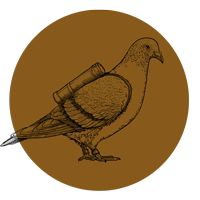Love of the Land
Iron Horse is our business and our home. Three generations live on the property, ranging in age from 29 to 92. In our vineyards, winery, gardens, lifestyle, and community life, we strive to give back more than we take out. Anyone who comes to Iron Horse can see and feel our love of the land.
We are certified sustainable and regenerative by the Sonoma County Wine Growers. We use all recycled water in the vineyards and are engaged in a multi-year, multi-million-dollar salmon habitat restoration project with Fish and Wildlife on our section of Green Valley Creek. We are proud of our certifications and are part of a pilot program with California Land Stewardship Institute to study the positive role of vineyards in climate change and the benefits of regenerative agricultural practices – like planting cover crops and low till soil conservation to reduce greenhouse gas emissions, promote healthy soils, and help sequester carbon.
Innovative Farming Practices
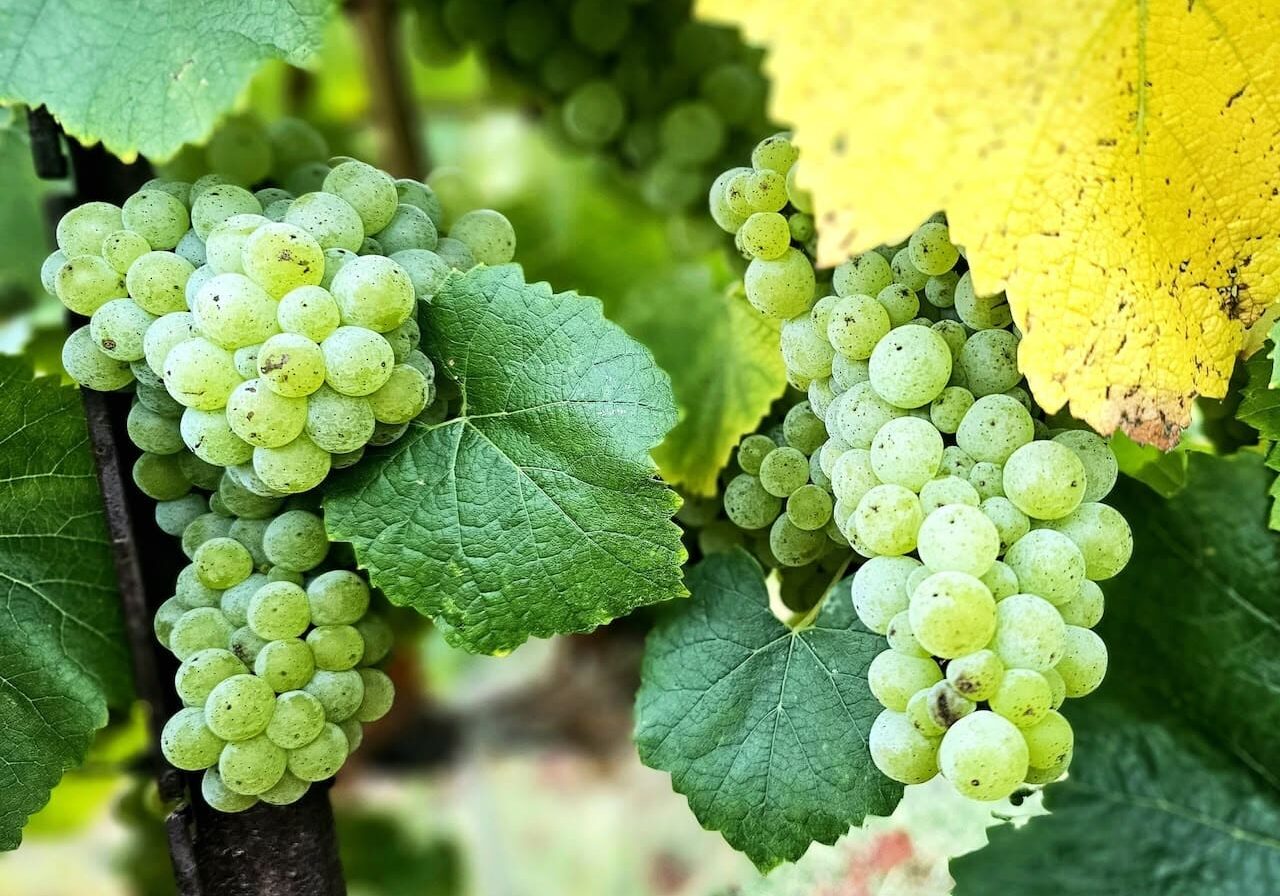
The core of our climate smart endeavors is to grow the highest quality grapes which express our unique location in Green Valley. We do this through “precision farming”, meaning all pruning, canopy management, irrigation, cover crop, and even harvesting decisions are determined on a block-by-block (and sometimes vine-by-vine) basis. We consider both the vintage at hand and the long-term needs of the land, our employees and the community.
We use the best tools technology provides and employ the latest viticultural practices, balanced by over 45 years of experience and passion. We find that adopting new, agricultural technology allows us to accomplish increasingly more detailed handwork.
For erosion control, we seed the hills with cover crops. We have let the creek beds revert to their natural state to support integrated pest management. There are owl barns around the reservoir. We chop and mulch our grape prunings into the soil.
We irrigate and frost protect with advanced treated wastewater from neighboring Forestville, recycled water from the winery, and accumulated rainwater.
We do not use systemic pesticides, but do use copper and sulfur and various other multi-function compounds over the course of about eight applications usually spread apart at between 10 days and two weeks starting usually at the end of March and ending late June early July.

Environmental Stewardship
We are helping restore the coho salmon habitat on Green Valley Creek, which bisects the property, by partnering with Gold Ridge Resource Conservation District and California Department of Fish and Wildlife on a multi-phase project that will provide better access to the stream and create additional fish refuge, control bank erosion, and maintain deep pools. The family is donating low laying land to the cause. This will without a doubt leave the land better than when we arrived.
We strike a balance in our packaging and shipping.
- We ship in recycled corrugated cardboard boxes
- All our logo dies for branded wood boxes are heirlooms
- We choose lighter glass bottles
- We use all natural corks
We don’t stop there. In addition:
- We recycle our glass, cardboard, household newspapers, office paper, and plastic bottles
- Our extensive gardens are maintained with recycled water
- We try to source our food from the estate or from local farms.
Essentially, we adhere to the UC Davis definition of sustainable farming, a holistic effort to protect and nurture the environment, our community and all-natural resources.
“Sustainability rests on the principle that we must meet the needs of the present without compromising the ability of future generations to meet their own needs. Therefore, stewardship of both natural and human resources is of prime importance. Stewardship of human resources includes consideration of social responsibilities such as working and living conditions of laborers, the needs of rural communities, and consumer health and safety in both present and future. Stewardship of the land and natural resources involves maintaining or enhancing this vital resource base for the long term.” – UC Davis


